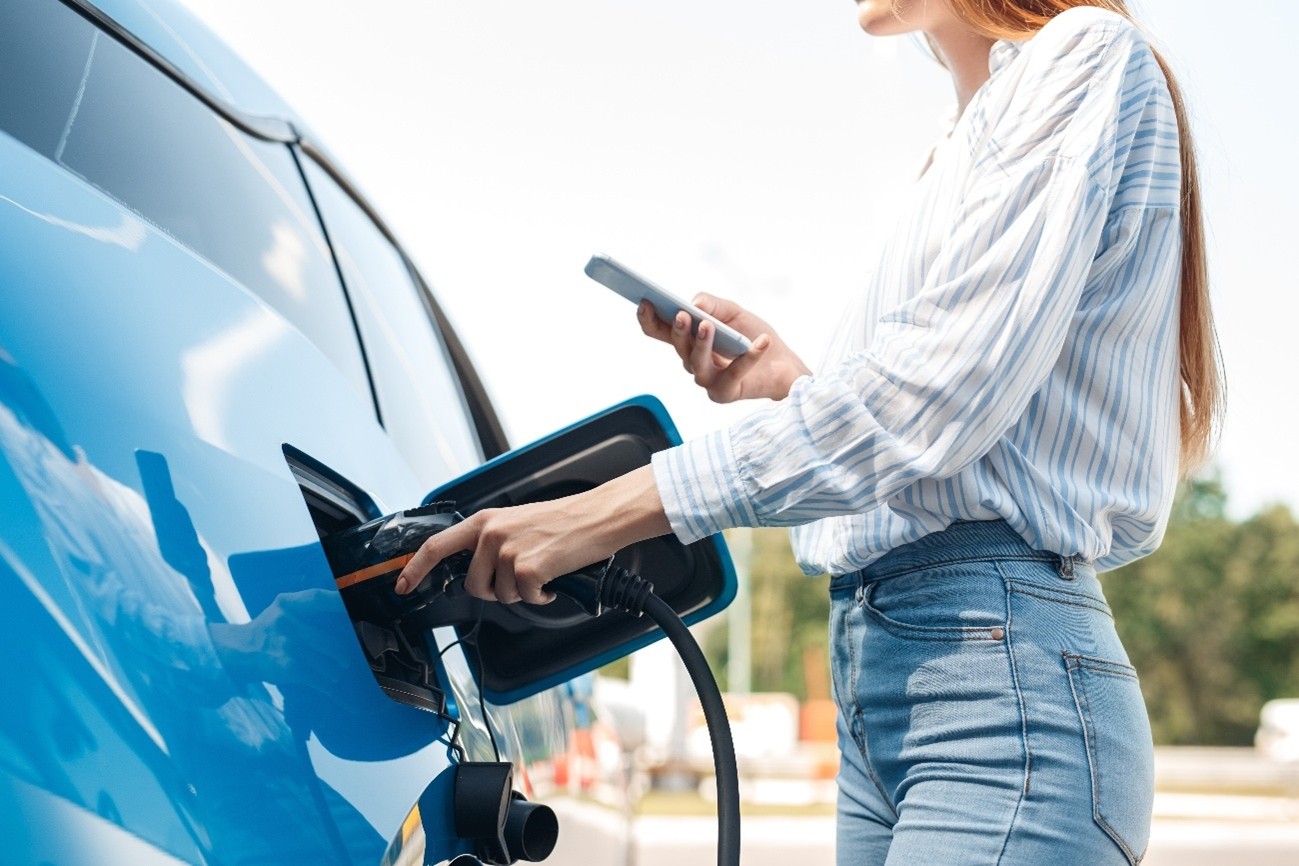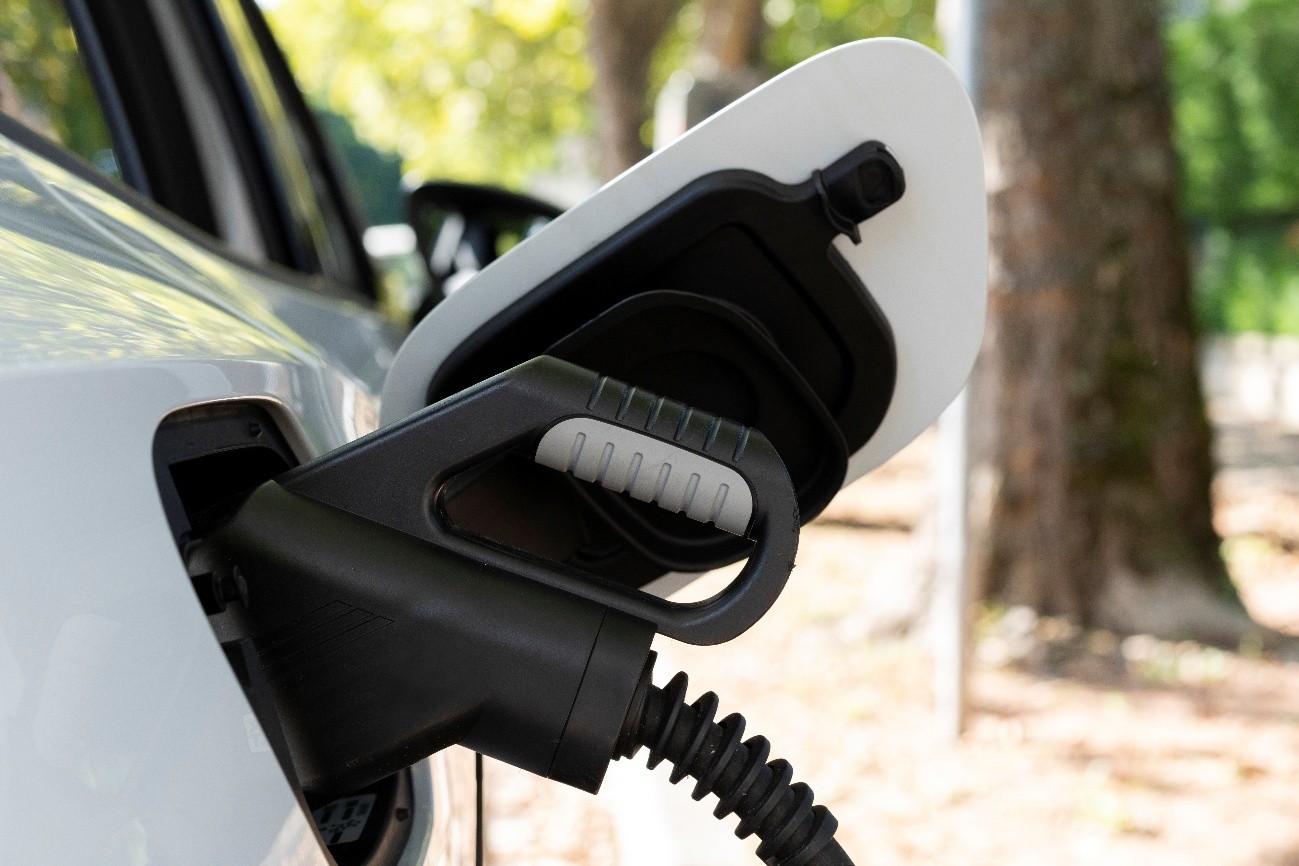Cost of Charging - MOBI.E
Cost of Charging
On the Mobi.E network, the process of setting the cost of charging is fully transparent for electric vehicle users, as invoices itemise each part of the service included in the charging process.
When you charge at any station on the Mobi.E network, you pay for the amount of energy consumed, the use of the charging station and the applicable taxes.
The energy supplier is responsible for billing, combining all components that make up the total cost of charging.
Billing can occur in two ways:
- Periodically, aggregating and itemizing all the components of each charging session over a given period;
- Per charging session, itemizing the components of each individual chargeitemising the portions that comprise that charge.

Energy portion
The energy portion includes:
- The Electric Mobility Suppliers (EMSP) Tariff, which covers the electricity sold for charging your vehicle;
- The Tariffs for Accessing the Electricity Network for Electric Mobility;
- The Special Tax on Electricity Consumption, a variable charge currently set at €0.001 per kWh in mainland Portugal, as defined in Ministerial Order No. 320-D/2011 of 30 December.
The Electric Mobility Suppliers determine their pricing based on combinations of the following variables:
1. Cost per unit of energy - €/kWh;
2. Cost per unit of time - €/min;
3. Cost per charging session - €/session.
Note: The tariff component of the EMSP remains constant regardless the CPO used.
Charging station utilisation portion
The station utilisation portion refers to the Charging Point Operator’s (CPO’s) tariff, which covers the service of keeping the charging station operational and available.
Operators set their prices based on the following variables:
1. Cost per unit of energy - €/kWh;
2. Cost per unit of time - €/min;
3. Cost per charging session - €/session.
The amount related to the Operator will be included in the invoice issued to electric car drivers by the Commercialisers. Subsequently, the amounts due will be transferred to the respective Operators, following the information provided by MOBI.E.
The tariff for this component is always displayed at the charging station.
To find out the costs of using each charging point in real time, go to the ‘Find a Charging Station’ page. Here, by selecting each station, you can obtain precise information on the prices charged.
Taxes
Value Added Tax (VAT) is applied is currently 23% in mainland Portugal, 22% in Madeira and 16% in the Azores.

Did you know...
Some apps can accurately estimate the final cost of charging before you even begin the session.
Classification of Mobi.E network stations
In the Mobi.E network, we classify recharging stations according to their power, as follows:
-

-

-

-

Functionality of each typology
In terms of functionality, although there are no watertight compartments and each typology can complement the others, we have tried to give an idea of how each one can best meet the needs:
- Slow charging: charging that may take more than 8 hours, suitable for housing areas where there are no garages/parking spaces, in order to allow residents to charge their electric vehicles throughout the night or weekend;
- Semi-rapid charging: maximum charging up to 4 hours, suitable for high density residential areas, as it allows a higher turnover, as well as commercial areas, where visitors take more than 1 hour to do their shopping;
- Fast charging: maximum charging between 1h-1h30m, suitable for commercial areas with high demand, service areas or mixed areas (residential/commercial/services);
- Ultra fast charging: maximum charging up to 1 hour, suitable for high traffic areas such as motorways or high traffic areas.
Get the most out of your charging infrastructure
Pay attention to the charging capacity of your electric vehicle.
Most electric vehicle batteries can be charged using normal or semi-fast stations, for example plug in vehicles cannot use fast and ultra-fast stations.
The electric vehicle market is increasingly offering models that allow the full potential of fast charging stations to be used. However, the power of the ultrafast stations can only be fully utilised by the highest range 100% electric models.
When you purchase your electric vehicle, ask your dealer which types of charging stations are most suitable for the model you wish to buy.


